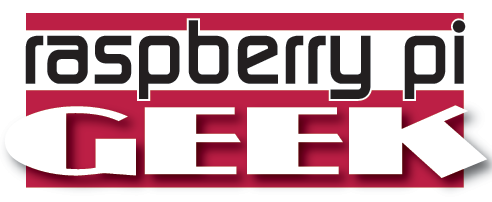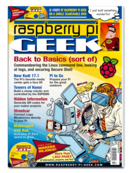NEWS
Google brings AI to Raspberry Pi
In May 2017, Google announced a new project called AIY Projects – do-it-yourself artificial intelligence for makers – to enable them to use Google's artificial intelligence in their own homebrew projects using commodity hardware like Raspberry Pis.
"With AIY Projects, Makers can use artificial intelligence to make human-to-machine interaction more like human-to-human interactions. We'll be releasing a series of reference kits, starting with voice recognition," Billy Rutledge, Director of AIY Projects wrote in a company blog [1].
[...]
Use Express-Checkout link below to read the full article (PDF).
Buy this article as PDF
Express-Checkout as PDF
Pages: 4
Price $2.95
(incl. VAT)
(incl. VAT)






